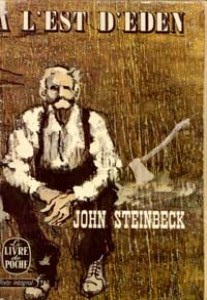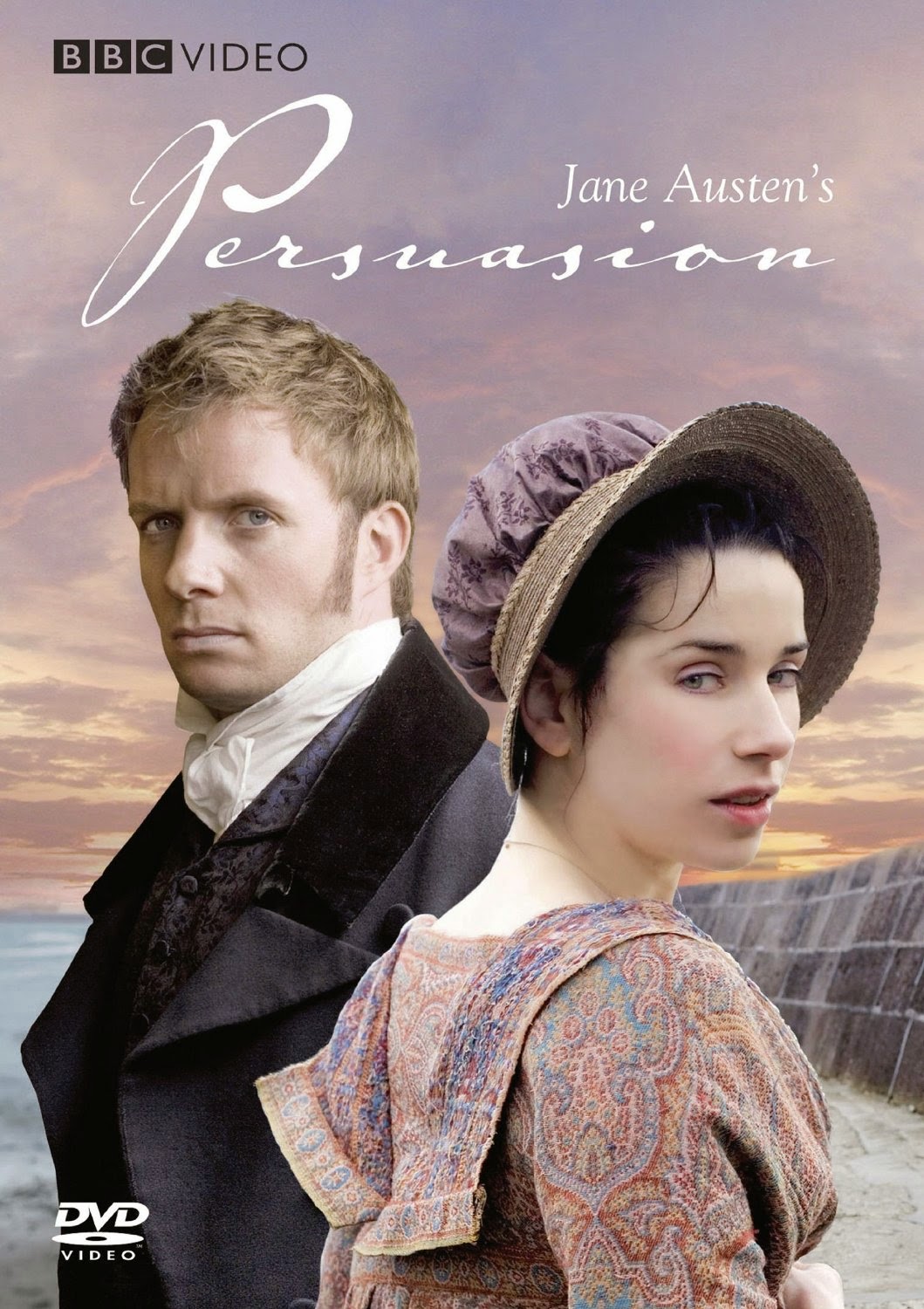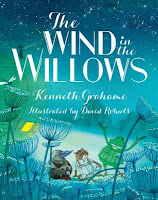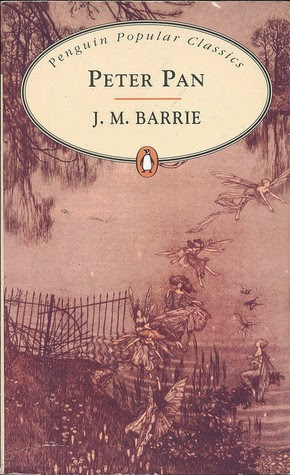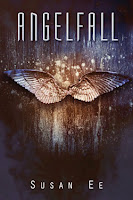A few good quotes from a book that could have easily given me more substance, a story to match the quotes' virtuosity:
"What
begins as safety-valve binges and gestures toward social ease ends as
habit. I have no reason to be surprised if I have by now picked up a
physiological craving that has nothing to do with pain, boredom, reticence,
tension, lack of friends, or anything else." 474
“Somewhere,
sometime, somebody taught her to question everything- though it might have been
a good thing if he’d also taught her to question the act of questioning.” 513
“You can't
retire to weakness -- you've got to learn to control strength.” 519
“As for
gentleness and love, I think they’re harder to come by than this sheet
suggests. I think they can become as coercive a conformity as anything Mr.
Hershey or Mr. Hoover ever thought up.” 519
“Civilizations
grow by agreements and accommodations and accretions, not by repudiations. The
rebels and the revolutionaries are only eddies, they keep the stream from
getting stagnant but they get swept down and absorbed, they're a side issue.
Quiet desperation is another name for the human condition. If revolutionaries
would learn that they can't remodel society by day after tomorrow -- haven't
the wisdom to and shouldn't be permitted to -- I'd have more respect for them
(...) Civilizations grow and change and decline -- they aren't remade.”
519



